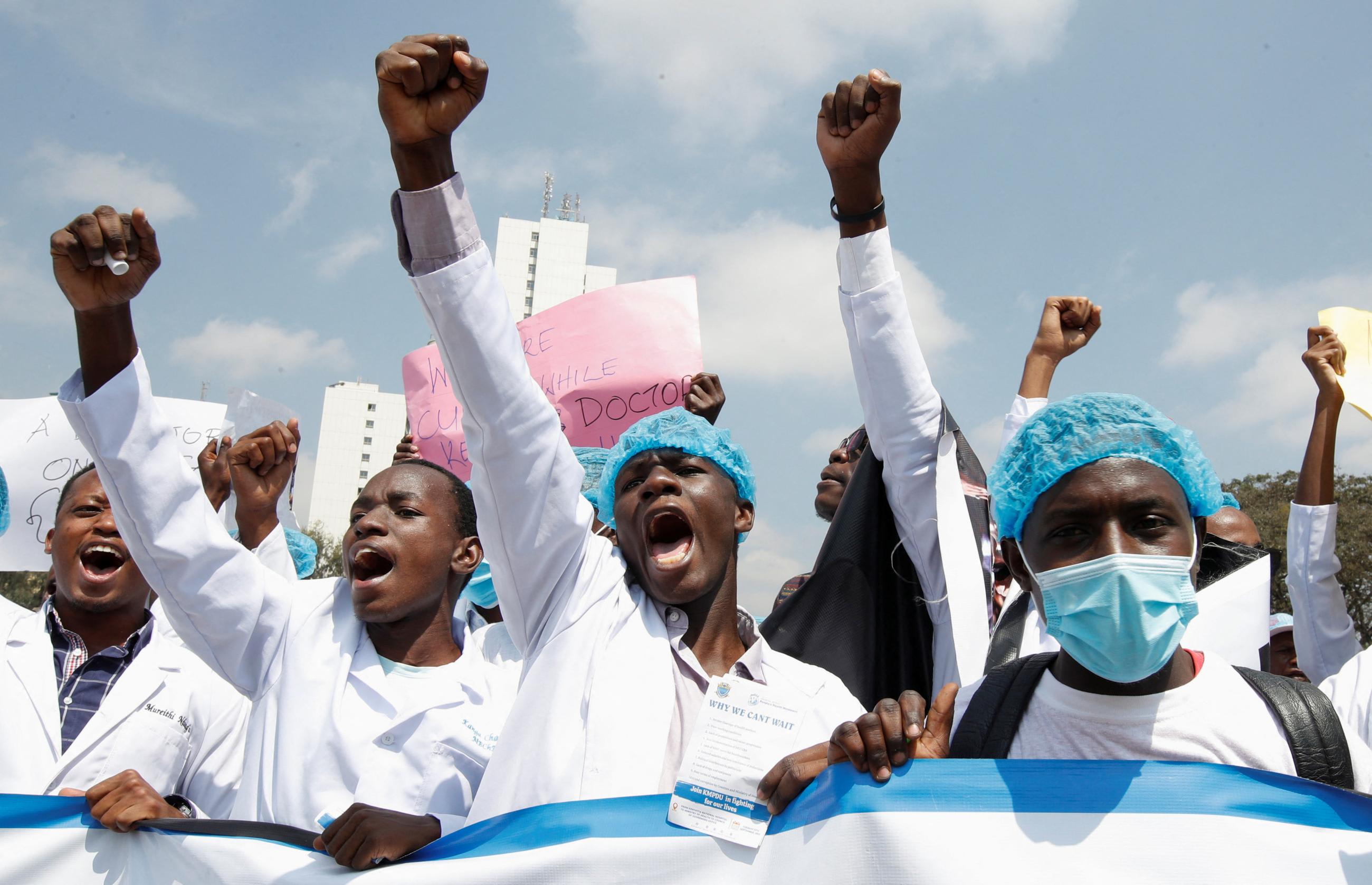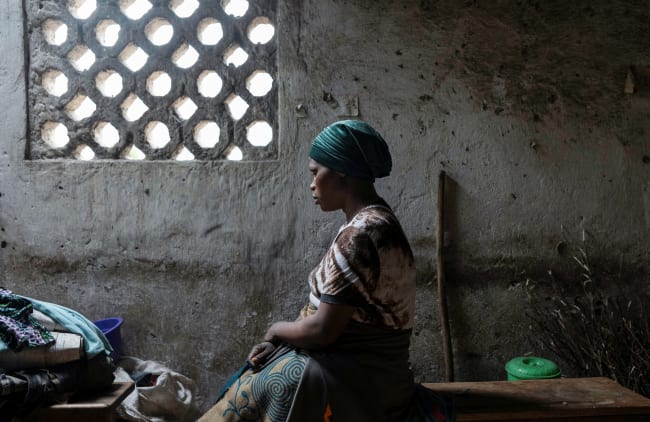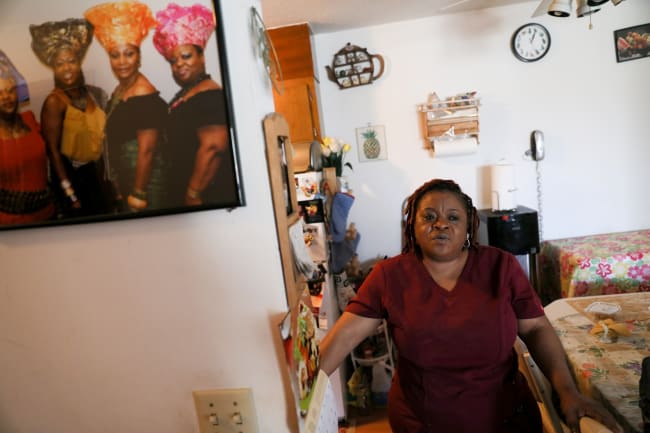As health-care workers continue to migrate from Africa to wealthier countries, the continent is facing a major crisis in its ability to provide adequate health care to its growing population. This situation is particularly dire in the wake of the COVID-19 pandemic, which demonstrated the need for a strong and resilient health-care workforce. The root causes of this migration are multifaceted and require urgent attention and a comprehensive solution.
Since the United Kingdom established the National Health Service (NHS) in 1948, it has relied heavily on migrant workers from former British colonies and Commonwealth members. By 1955, the NHS had programs to recruit nurses in sixteen current or former colonies. The largest source of workers was the Caribbean. Thousands of nurses left there to work in the United Kingdom.
The factors driving emigration in any country vary. In Sierra Leone, poor working conditions, limited training prospects, inadequate career opportunities, and concerns about security are prominent reasons for outmigration. The 2014–15 Ebola outbreak increased the burden on health-care workers, resulting in the illness and loss of numerous clinicians and pushing the health system toward a breaking point. This exacerbated the existing shortage of medical professionals and compounded other factors.
Strategies should treat African health workers as invaluable and integral components of the global health workforce
Nigeria is also losing clinicians and with them their expertise: an estimated two thousand health workers over the last three years. This brain drain has yielded a popular slang phrase—ja pa, which means escape in the Yoruba language. Nigeria's population, nearing two hundred million, is disproportionately young, which means a relative shortage of health workers already, particularly in the hinterlands.
Outmigration also undermines the quality of local patient care and destabilizes the fragile health infrastructure. There's been a rise in outbound medical tourism because some local health-care services can't provide adequate services. But these countries' losses in medical and professional expertise have been the Global North's gain.
This complex issue is deeply rooted in global economic disparities and requires multifaceted solutions. What factors would provide incentives for health workers to remain in their home countries? Strategies should not treat African health workers merely as temporary solutions for wealthier countries, but as invaluable and integral components of the global health workforce.
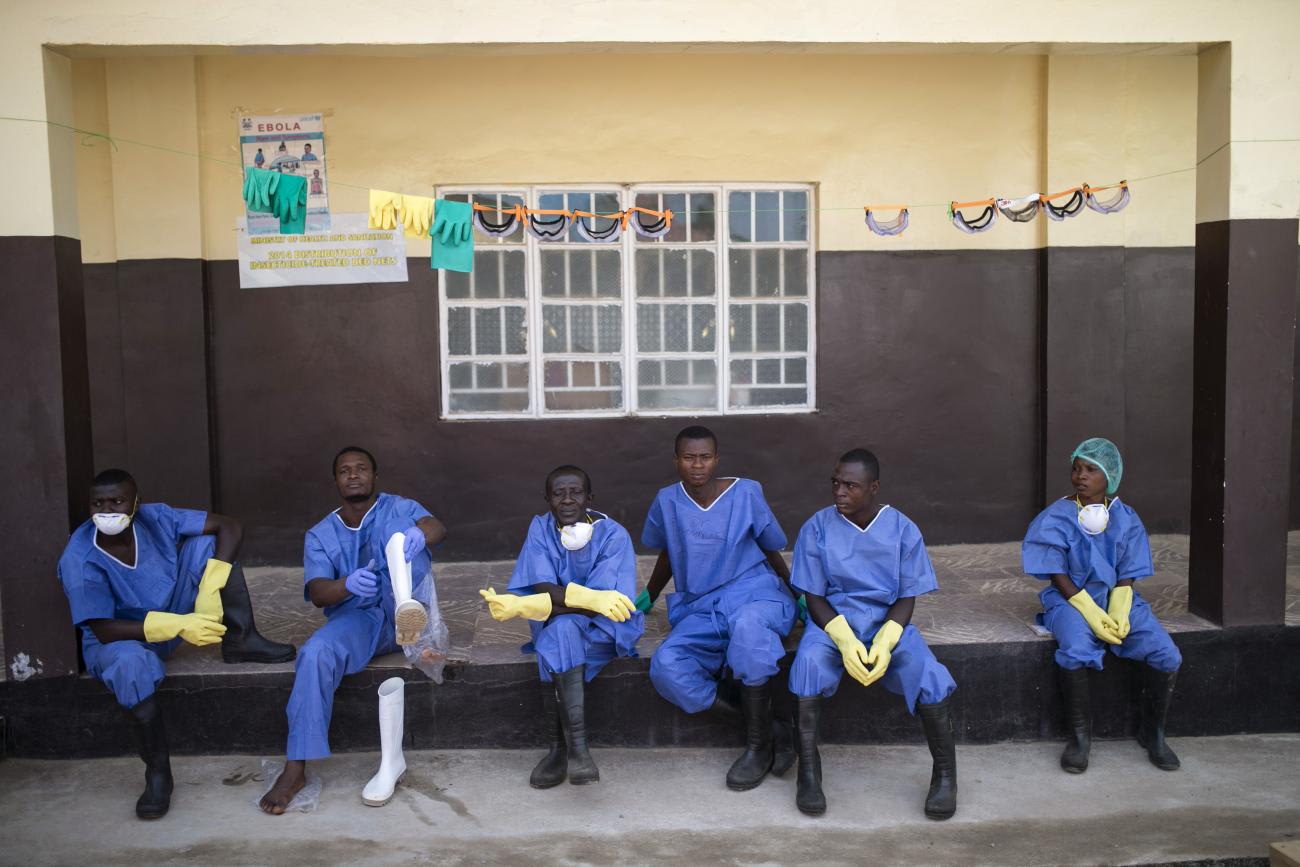
Some professionals opt to stay in sub-Saharan Africa due to opportunities for professional growth in areas of high demand. Government initiatives and incentives aimed at attracting both local and foreign talent also contribute to this decision. Further, many professionals have both a strong commitment to improving health-care systems through innovative approaches and personal ties to their families and culture.
As important as it is to retain talent, it is also important to provide incentives for those who do provide effective and high-quality services to stay in their home countries, which requires systemic national health-care reforms. Policymakers need to work together to enhance working conditions and salaries for health-care workers, enabling them to continue serving their communities.
The COVID-19 pandemic was a gut check for thinking about how to manage health worker flows between nations. As social scientists and health practitioners who have dealt with health-care shortages in West Africa firsthand, we saw the unwavering dedication of health-care workers in regions with limited resources and instability. A comprehensive, multilateral strategy should aim to develop equitable labor policies that not only ensure favorable working conditions, compensation, and opportunities for career advancement, but also retain talent in home countries by making these elements more appealing than the prospect of seeking opportunities abroad.
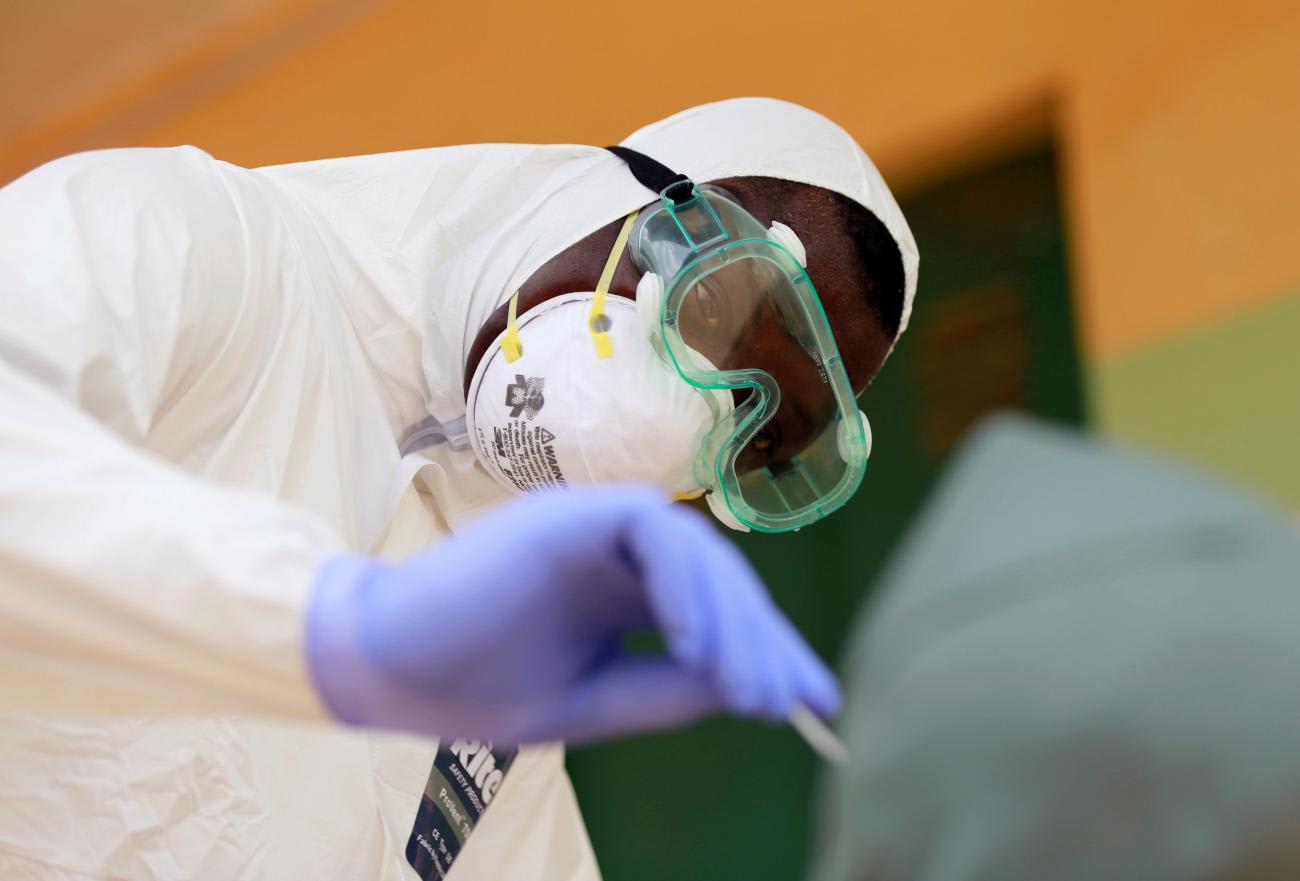
In 2010, the World Health Organization developed a nonbinding Code of Practice on the International Recruitment of Health Personnel. Its impact, though, was limited in addressing the issue of health worker outflows. Stronger enforcement and global commitment are necessary to achieve meaningful progress.
African governments need to commit to enhancing salaries and local working conditions, ensuring safe, well-equipped work environments. Additionally, they should invest in health-care education by establishing and funding advanced medical training institutions in West Africa. This effort should include partnerships with global health bodies for knowledge exchange and skills development.
On the other side of the equation, the United Kingdom and other destinations of health-care workers should establish bilateral agreements with African nations, including ethical recruitment practices with opportunities for knowledge transfer and exchange programs, ensuring that recruitment does not deplete health-care resources elsewhere. Wealthy countries, international health organizations, and global funding agencies also need to invest in African health-care systems, providing support for infrastructure, technology, and workforce development programs.
African governments need to commit to enhancing salaries and local working conditions, ensuring safe, well-equipped work environments
Empowering a local health workforce through technology and innovation is vital. Advancements such as telemedicine, digital health records, and mobile health initiatives can make health-care delivery in Africa more efficient and attractive for local professionals.
The pandemic exposed the fragility of global health systems, and calls us to urgently reevaluate health-care workforce management. We advocate for a global approach, recognizing African health workers as essential contributors to global health, deserving of equitable support, and investment.
Looking to the future, it is imperative to consider the broader impact of these strategies on the global stage. The interdependence of health systems across the world means that strengthening health care in one region benefits us all. By investing in Africa's health-care workforce, we not only address immediate local needs but also contribute to a more resilient and robust global health infrastructure. This investment paves the way for a future in which global health challenges can be met with a united, well-prepared, and adequately supported international workforce.
